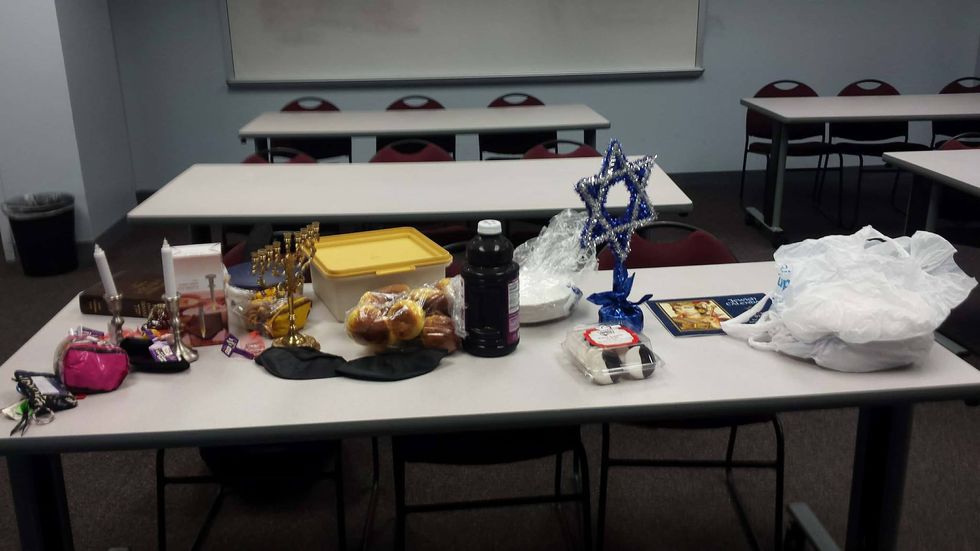I don't use the word journey much because I think it's overused. Scroll through social media for five minutes and you'll know exactly what I'm talking about. I don't generally use the term precisely because it's overused, and overused words tend to lose their meanings. Despite this, I do think that my experience starting a club at Longwood University does count as a (still ongoing) journey.
Over the two semesters or so, I have gone through the process of starting my own club. Others have been with me during this journey, and I am by no means belittling their contributions, but I have largely been the founder and the driving force behind my organization's newfound existence.
The first thing I've learned is that starting a club requires a huge amount of time and effort. It is difficult, time-consuming, energy-consuming, and sometimes complicated.
That seems like it should be obvious, and I think I knew that on some level when I was starting out. However, I was frequently told the process would be "simple" and "easy" by various individuals associated with the university before I actually started this journey.
We've all been on many college tours where they say something to the effect of "we have so many organizations here, and if we don't have it, it's super easy to start one. You only need x number of people." When you actually attend that college and decide to start your organization, you will hear similar things from the people who oversee the clubs at your school and the process to start one.
I don't think this fibbing and oversimplification is done out of malice. I think it's done to avoid scaring students away from starting new organizations. For the tour guides, it's a matter of encouraging students to attend, and once you're there, it's to encourage you to start your club. Again, I don't believe there's any harm meant when you're told that it's easy and simple, but it is still, at best, oversimplifying things to say that it will be easy.
There is so much time you have to put in- from paperwork to mandatory meetings. Sometimes, it just becomes too much for just one person to handle.
So, I have learned that starting a new organization is difficult.
This especially applies to smaller organizations, which brings me to the next thing I have learned: having a support network for your new organization is very important.
Confession: I am a terrible delegator. I am the kind of person who likes to do everything myself so that no one else can make mistakes. The less you delegate, the harder the journey will be.
So, you need to have a good network of people to delegate to, and you need to trust people to do their jobs. This isn't just your executive board. This is also about the people who are actively interested in your club but can't make a time commitment for an executive position. Your network can't just be your best friend(s) and their executive positions. It needs to extend to more members of your club and people who will help you. Your support network doesn't stop at your members either, because the support staff and student delegates who manage the organizations at your school are there too. It's important to reach out for help and to get the resources you need from the people who have them. They are there to help.
The final major thing I have learned on my journey is that people do care about my organization.
This particular point is much more specific to my organization than the others have been. The organization I started at my school is the Jewish Culture Club, and I go to school at a small university in the rural south. There are less than twenty Jews I know on campus. Although it's a cultural organization and not a religious organization, I didn't expect anyone to care.
I am so pleased that I was wrong. Most of my members are gentiles. Non-member, non-Jewish friends ask about my organization on a regular basis. This semester, my members and friends have stepped up to help me when I have failed to reach out to delegate.
When I started the journey to start an organization, I thought we'd barely make the numbers necessary to be a club. We're still small, but we're well past that mark. I didn't think anyone would notice or care, but other organizations and offices on campus have reached out to me. It has been wonderful to see how much people care about my small, diversity-based organization that focuses on the culture of a fraction of a percentage of the student body. It amazes and thrills me when people ask me about it or how to get involved.
I have learned that I was wrong, and people do care about my organization.

















